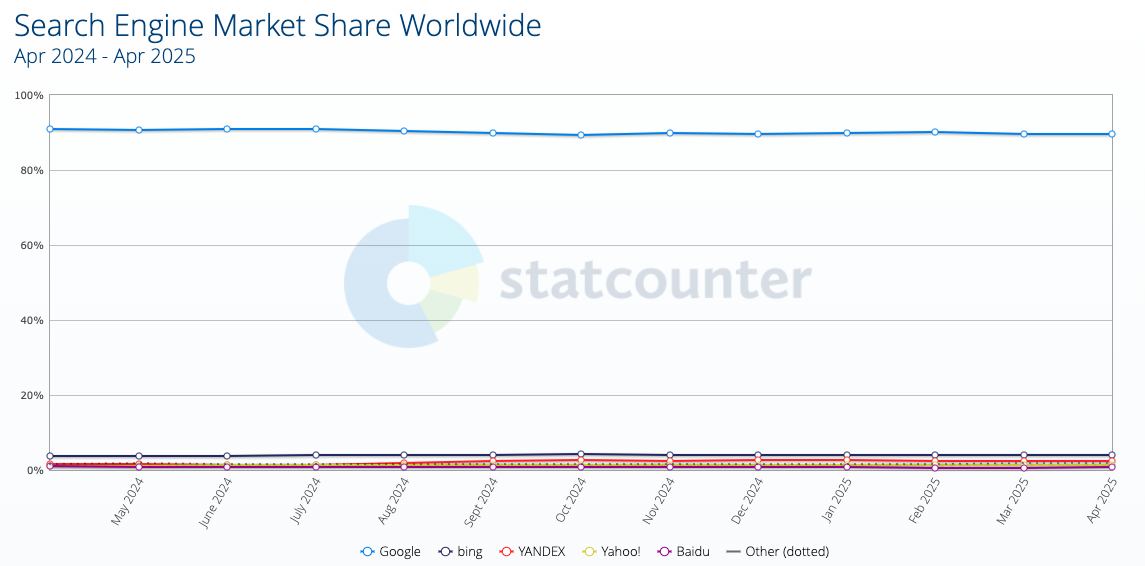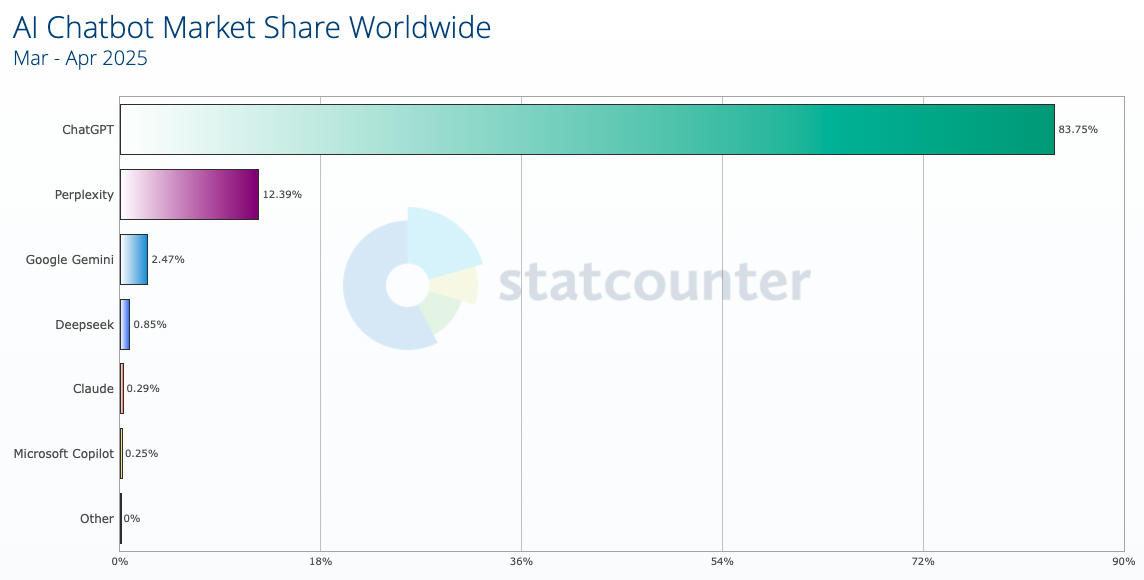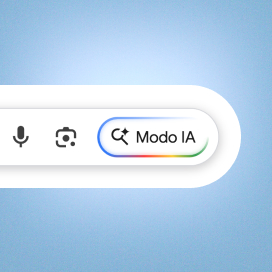Written by Guillermo Fernández
Index
The undeniable emergence of ChatGPT and other language models as search tools raises many questions, both for companies and digital marketing professionals.
More and more people are turning to these types of conversational searches, and everything seems to indicate that this is a modality that is here to stay — though not necessarily to replace others.
At this point, many companies are asking: how can we get ChatGPT to talk about us? Will SEO become obsolete?…
It’s important to emphasize that, as of today, making any definitive claims about how ChatGPT and other LLMs work is quite bold, due to the lack of transparency about their inner workings.
In this article, we’ll explore some of these questions from our experience and perspective.
The relationship between ChatGPT and Bing
To date, Microsoft has invested nearly $14 billion in OpenAI. This doesn’t mean the sole purpose of this investment is to leverage Bing, but it certainly seems to be one of the outcomes.
Everything suggests that ChatGPT relies on Bing’s indexed pages, as mentioned in its user help pages. This doesn’t mean that every query requiring a web search goes through Bing, but it is certainly something to consider.
So we can confirm that ChatGPT and Bing are more than just friends.
Is SEO going to stop being important?
Absolutely not.
SEO has historically been, and continues to be, a fundamental pillar of virtually any digital marketing strategy. But just as a building doesn’t stand on one pillar alone, neither should a marketing strategy.
The difference now is that there’s a new material available for building a strong marketing strategy: LLMs.
As mentioned earlier, ChatGPT queries that require web searches are fueled by Bing’s organic results. It’s reasonable to assume that, in Gemini’s case, the source is Google.
This means that visibility in a language model is closely tied to a site’s SEO performance.
We must also remember that running an LLM isn’t free. Just like Google limits the time and resources it devotes to crawling a site, it’s safe to assume that language models also operate within efficiency constraints.
It’s every site’s responsibility to respond to crawl requests efficiently (WPO) and to make critical information easily accessible (structured data), among other things.
Therefore, SEO is not only still important — it may actually become even more so. The main difference is that some traffic or conversions may no longer be directly attributed to SEO, even though they will largely depend on it.
So, should we optimize for Bing?
Although the Bing–ChatGPT combination shows great potential, for now, it remains just that — potential.
Google is still the undisputed leader when it comes to organic search (and possibly even in AI-generated responses, thanks to the rollout of AI Overviews).
That’s why it’s especially important to stay grounded and aware of current realities rather than be swept up by the hype.
Undeniably, Google is a much better content classifier than Bing, simply because its algorithms are more efficient at evaluating site quality. And this could be a double-edged sword if a site is over-optimized to perform well in Bing.
Why? Simple: because Google can:
- Detect keyword stuffing on a page.
- Spot unnatural backlinking strategies.
- Interpret content meaning more effectively, while Bing seems to overvalue exact keyword matches.
These are just some of the reasons why Google might penalize a site that Bing would reward. And let’s not forget that, despite all the noise, as of April 2025 Google held an 89.66% market share versus Bing’s 3.88%.
Source: gs.statcounter.com.
Due to the connection between ChatGPT and Bing, we must take Bing into account in any current SEO strategy — but not blindly.
At Human Level, we have specialists in both search engines and a deep understanding of the thresholds that shouldn’t be crossed in order to perform well on both platforms. We don’t believe in betting everything on one horse, and we don’t dismiss any search engine or tool that can benefit our clients’ organic strategies.
The importance of being visible in language models
The way users search online is changing, thanks to systems that can provide better answers to complex questions.
Someone no longer needs to search “best mortgage” in a traditional search engine if they can ask, “I’m 30 years old and have €70,000 saved, what’s the best mortgage for me?” — and receive a personalized answer.
In the information age, people know what they want and are prepared to make very specific searches. Social media, embedded ads, and apps… the entire ecosystem is designed to only show you what you want to see, which inevitably leads you to information.
At this level of much more specific queries, a traditional algorithmic approach may be inefficient compared to a language model that can speak to you on a one-to-one basis.
It’s unlikely, if not impossible, that this is just a passing trend. Assuming conversational searches will decline implies a technological regression — something that defies logic. Assuming this is a new way of searching that users are adopting, it’s clear how important it is for language models to know your products or services — and speak well of them.
Google is still important — and may become even more so
While it’s true that Gemini currently flies under the radar in terms of market share, it shouldn’t be underestimated.
Source: gs.statcounter.com.
It’s important to note that these statistics don’t appear to include data from Google’s AI Overviews. If they did, the graph would likely look dramatically different.
Although AI Overviews don’t have the conversational capabilities of Gemini or ChatGPT (since AIO doesn’t yet allow follow-up interactions), the recent rollout of AI Mode in the U.S. could mark a significant shift.
We must avoid getting swept up in the current hype. While ChatGPT currently leads Gemini by a wide margin, that could change quickly. SEO strategies should be carefully tailored to each search engine.
Conclusion
Conversational searches are going to be another option users rely on to find us. It makes sense to assume that their usage will continue to grow in the coming years.
The current landscape suggests that it’s worth considering Bing and improving performance there — but cautiously, as it could hurt your results on Google.
It’s crucial to work with professionals who understand both search engines. Otherwise, your efforts could backfire.
If you manage a project that relies on digital marketing, it’s natural to be concerned about your visibility in language models. However, to perform well in them, you need to pay more attention to SEO than ever before.
Language models are not search engines in the traditional sense — they act as a front end for them (in queries that require a search), tailoring the content to the user’s request.
This mechanism requires your pages to be indexed in search engines. It’s not unreasonable to assume that, as language models improve, top-ranking sources will carry even more weight than lower-ranking ones. Let’s not forget that Google has taken decades to perfect its search engine — we can’t expect other tools to match that performance overnight.
In short, if you’re worried that language models aren’t mentioning your products or services, you should start by asking whether your SEO strategy is modern enough.
SEO is to AI what the stick is to a lollipop.





